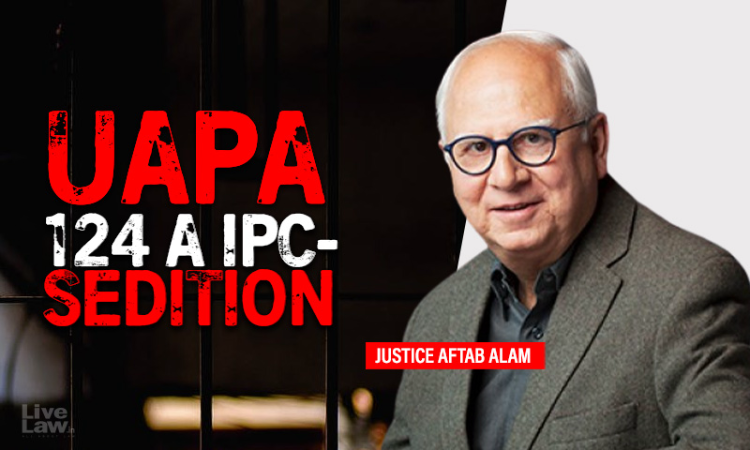In UAPA Cases The Process Itself The Punishment, It Stares Us In The Face In The Death Of Father Stan Swamy Without Trial: Justice Aftab Alam
Mehal Jain
25 July 2021 2:39 PM IST

""Where has this draconian law in the world's largest democracy taken us? The results are all there for everyone to see. It stares us in the face in the death of Father Stan Swamy without a trial"
Next Story


